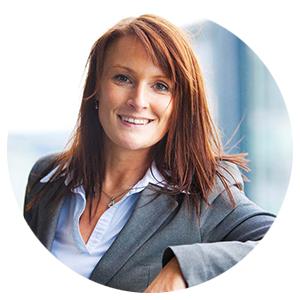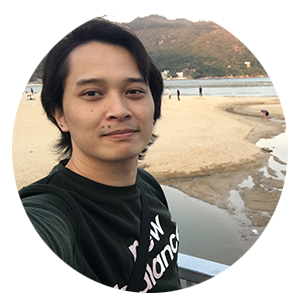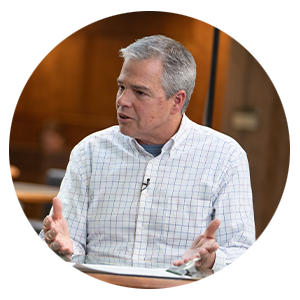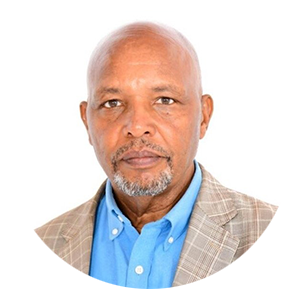Let’s Talk About the Thing We’re All Talking About: Sustainability
Episode 3: Sustainability is in the news, it’s in our politics, it’s in our hamburgers. And, of course, it’s on our farms. But how does the sustainability conversation sound around the world? Sustainability seems to be everywhere. In episode three, we talk to those making sure it works for everyone.
- Overview
- Farmer Voice
- Publications
- Innovation
- Regenerative Agriculture
- Advances in Agriculture
- Food Security
- Products
- Transparency
- News & Stories
- Contact Us
At the core of sustainability is a simple question. How do we continue? And your answer to that question depends heavily on where you’re from. A rural soybean farmer may have a different definition of what it means to sustain than a city dweller. An environmental activist in Europe may have a different definition than a rice farmer in Malaysia. But can we find solutions that create progress for all? The experts we talk to in this episode are optimistic that we can.
The Many Dimensions of Sustainability
When you think about sustainability, your mind probably goes to the forest. Your thoughts turn green. Or maybe blue.
When you ask Gilbert Arap Bor, a farmer and lecturer living in Kenya, about sustainability, the color he sees is yellow. Gilbert farms maize. And he knows first-hand the environmental consequences of unsustainable practices coupled with a growing population. He knows the social consequences of it as well.
In this episode, we examine the state of sustainability around the world and, with the help of an anthropologist, across millenia.
We start with a simple truth: Your vision of the future may look different than your neighbor’s.
And we focus on the three major dimensions of sustainability—environmental, social, and economic—then ask how they relate.
Along with Gilbert and anthropologist Dr. Michael Rivera, we talk to experts at Bayer who work with groups around the world—Sinead Duffy, whose job it is to invite diverse perspectives into the sustainability conversation, and Mark Edge, who leads Bayer’s partnerships with developing nations, and whose family farms in the Midwest.
Anthropologist Dr. Michael Rivera studies the bones of our predecessors and attempts to understand the biological and cultural realities of humanity millions of years ago. He also hosts The Arch and Anth Podcast.
Featured Guests
|
|
Sinead Duffy - Sinead Duffy is the Head of NGO Engagement at Bayer. Born in Ireland, she works with groups from all around the world to bring outside voices into important dialogues concerning the future of farming and our planet. |
|
|
Michael Rivera, Ph.D. - By studying the skeletons of our predecessors, Dr. Michael Rivera attempts to learn as much as he can about the ways humans used to live. He also hosts The Arch and Anth Podcast, where he explores the intersection of archaeology and anthropology to tell the six-million-year story of humanity. |
|
|
Mark Edge - Mark Edge was born and raised on a farm in the Midwestern United States, and his family’s still there. However, Mark had more global ambitions. He’s been the Director of Collaborations for developing countries at Bayer for over a decade now. And he’s still deeply optimistic about the future of farming. |
|
|
Gilbert Arap Bor Ph.D. - Agriculture innovation is on the rise in Africa, thanks, in part, to Gilbert Bor. He lives, farms, and lectures in the “Kenyan breadbasket,” but has traveled extensively, studying the farming practices of those working in more developed countries. He also blogs about what he believes is the way forward for farming in his region. |
How to Listen
The Tomorrow Farm is available everywhere you stream your favorite podcasts, or you can stream it right here.




































